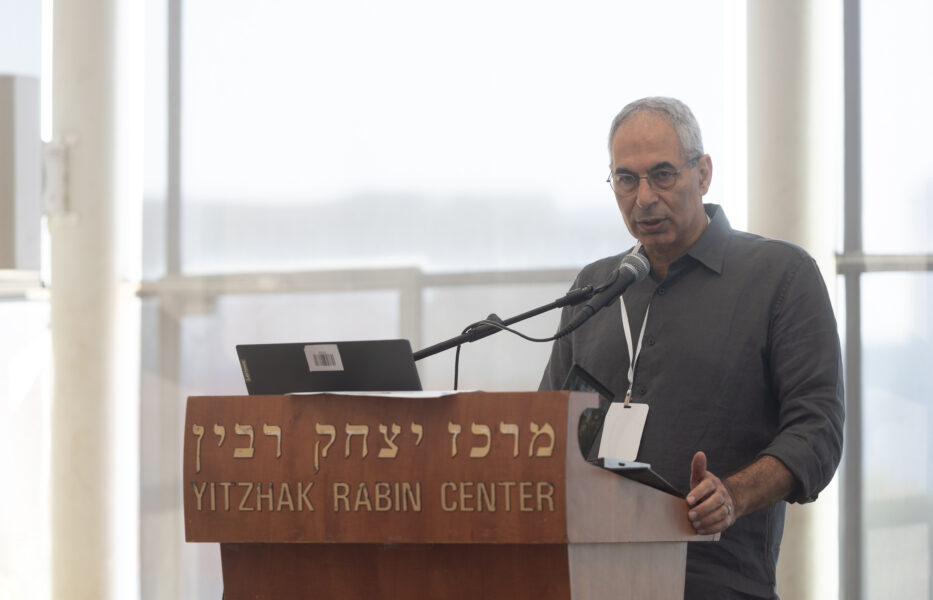
The 23rd annual MEITAL Conference on Technology-Enhanced Teaching and Learning in Higher Education took place on July 16–17, 2025, at the Yitzhak Rabin Center in Tel Aviv.
The conference was attended by curriculum designers, academic staff, researchers, entrepreneurs, technology companies, decision-makers from academic institutions, and any and all interested in learning technologies. As in years past, the conference was a meaningful platform for dialogue, research, and innovation in the integration of technology in higher education.
This year’s focus was on: “Higher Education in the Age of Generative Artificial Intelligence (GenAI).” As part of this theme, speakers, organizations, and researchers presented research, case studies, and best practices examining the impact of GenAI integration on teaching, learning, assessment, and research.
Topics covered included: AI-based teaching assistants, generative AI in STEM education; identity, ethics, and perceptions in the age of AI; analyzing and assessing teaching and learning; digital assistants and educational dashboards; and panels on integrating AI in academia.
Over 450 attended the conference, enjoying a program that featured 60+ lectures across 17 parallel sessions.
In their opening remarks, Prof. Eyal Yaniv (IUCC Chair), Prof. Gilad Ravid (MEITAL Chair), Nati Avrahami (IUCC CEO), and Eli Shmueli (MEITAL Director), emphasized the challenges facing higher education with the integration of AI, trends in technology usage, the important role IUCC and MEITAL play in promoting inter-university collaboration, innovation, and joint projects.
The keynote “It’s All in Your Head” by technology journalist Dror Globerman, focused on what it takes to stay relevant in the age of GenAI, and the human skills that will remain unique.
Two international sessions were held online and included talks by leading global experts, including partners from the IMPACT Project. These presentations offered a wide range of perspectives — from regulatory, institutional, and ethical aspects of AI in education, to practical implementation models in teaching, and even the cognitive and social implications of human-machine interaction.
Two sessions of the Teaching and Learning Centers Forum, led by Prof. Nitza Davidovitch, Prof. Dorit Tavor, and Dr. Nizar Bitar, explored the connections between research, pedagogy, and educational initiatives. Additionally, the “Future Lab” interest group, led by the Systemic Pedagogical Change in Academia Think Tank from MOFET Institute, held a dedicated session.
A technology exhibition was held as part of the conference, where representatives of tech companies showcased advanced AI-powered solutions for learning, teaching, assessment, and research in higher education. A rich and diverse poster exhibition displayed innovative initiatives and research projects.
On the second day, Workshops combined theory with practice. Four workshops emphasized advanced uses of GenAI and innovative approaches to teaching, learning, and assessment. These hands-on sessions gave participants in-depth knowledge and practical skills, while also grounding the experience in theoretical and applied contexts.
The full conference book, including articles, presentations, photos, and recordings is available on the conference website.
